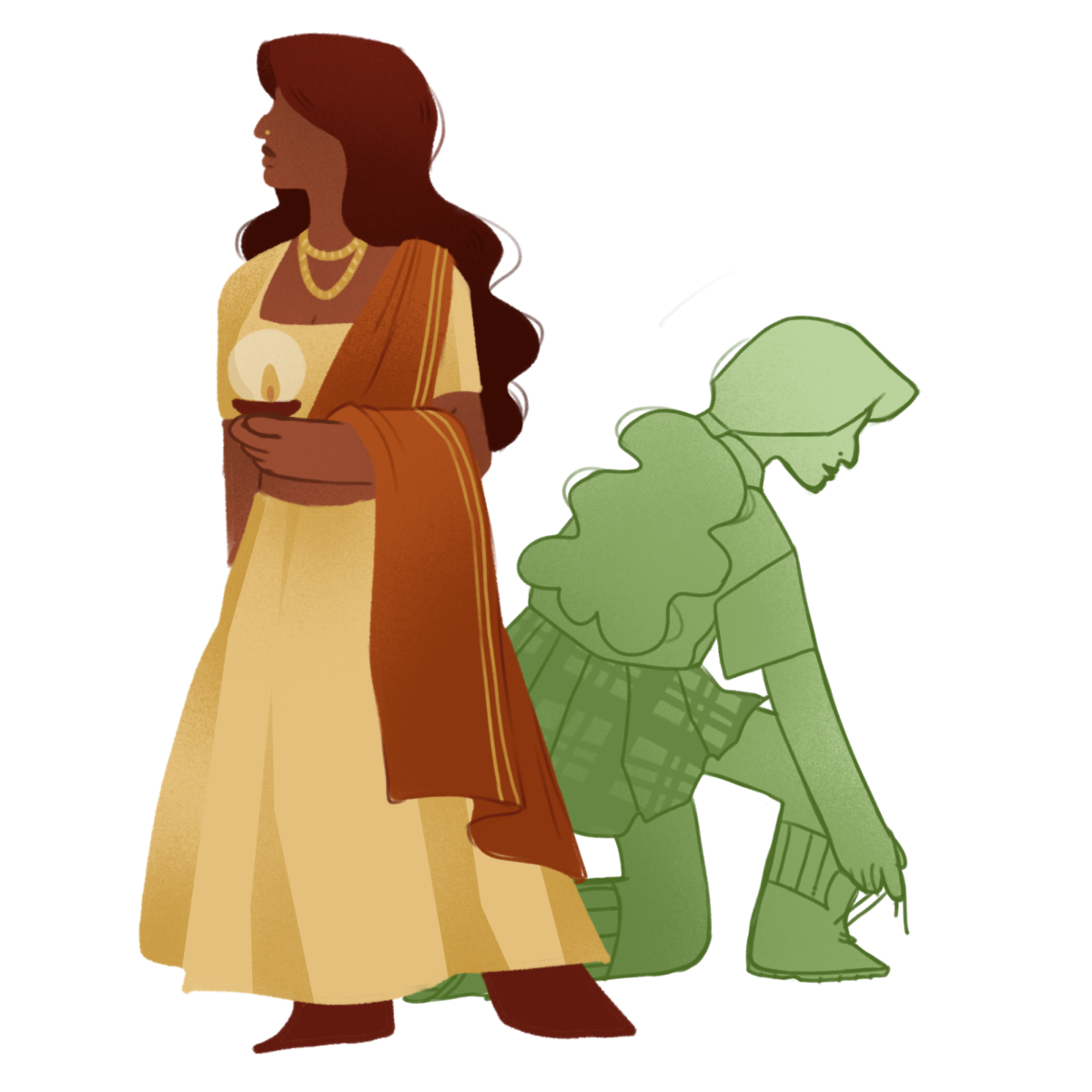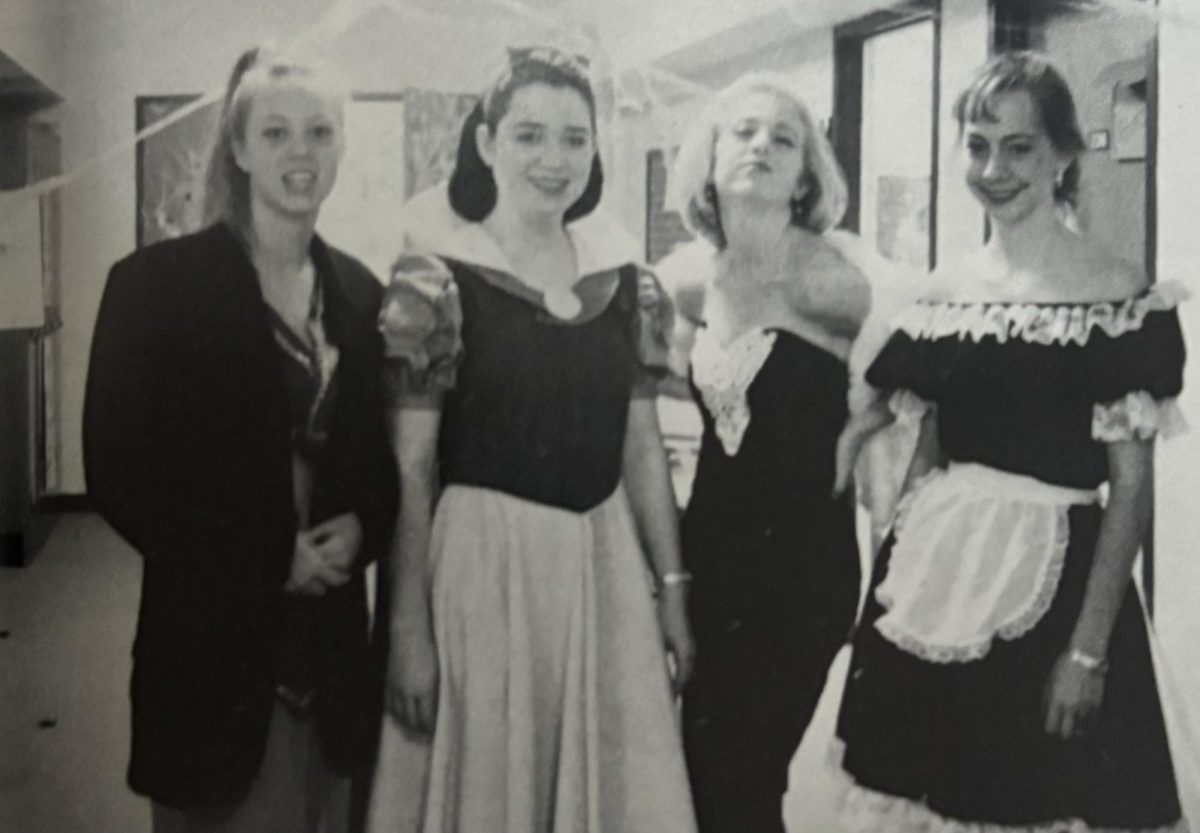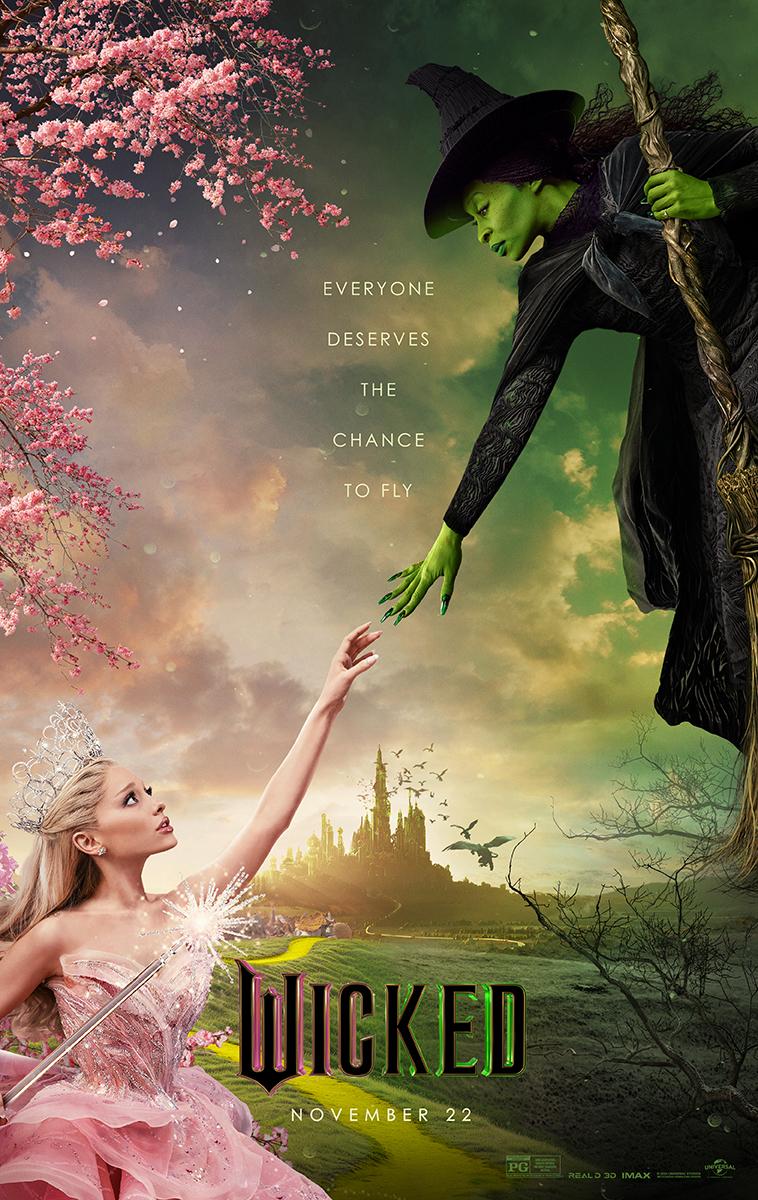Almost a year ago, my college counselor and I met with each other to put together my college résumé. To head my CV, she asked me what I considered to be my most important activity, and I automatically responded, “community service.” It was a no brainer then, as it is now.
I wasn’t always so enthusiastic about volunteering, though. As a freshman, I harbored a number of doubts about it.
I was skeptical about how much change an hour of impersonal tutoring could do to a student who was already on the brink of dropping out of school. I wondered what fraction of students who joined me on each project genuinely enjoyed service, how many were there to complete the required school hours, and how many were there to decorate their college applications. I felt awkward around many of the adults I volunteered with, paranoid that they thought that I believed myself to be superior to them. Our green plaid skirts are usually a source of school pride, but at times, I felt ashamed to be wearing a symbol of elite privilege in environments so devoid of it.
But then, I started having fun. I found myself spending most of my Saturday mornings at Jubilee and Monday mornings at Wesley Rankin, where I formed friendships with the army of 8-year-olds shouting my name and swarming me with hugs and stories about their week. I think that many people underestimate the value of a consistent and personal volunteer. I certainly did.
Yet my initial hesitations never fully disappeared.
A couple months ago, I read an article “The Problem With Little White Girls (and Boys): Why I Stopped Being a Voluntourist” on the Huffington Post. Journalist Pippa Biddle explained why her high school summer weeks abroad in Tanzania and the Dominican Republic were inherently negative. She acknowledged her good intentions, but she also discussed white privilege, her group’s inefficacy in their lofty building projects, and her belief that the money spent on airfare and housing could have been used to hire local workers and stimulate the countries’ economies.
“I want [a little girl in Ghana, or Sri Lanka, or Indonesia] to have a hero who she can relate to?—?who looks like her, is part of her culture, speaks her language, and who she might bump into on the way to school one morning,” she argued.
What Biddle addressed in her article touched on so many of my apprehensions about volunteering, even though I wasn’t volunteering in an African country.
I didn’t want to believe that what I was doing was wrong. I subconsciously understood that volunteering was an inherently good act, but how good was it? What Biddle said was too logical to be incorrect, and eventually, I determined that Biddle was right. The most effective role models for the kids are the ones that are derived from their own community. But helping the community was always good thing to do, right? It was a tough question to answer, but in the end, I figured out that volunteering at organizations that allows one to interact with children is indeed something we should all strive to do.
Because when you develop friendships with them, your plaid skirt won’t be a badge of shame anymore. Instead, it’ll be a source of inspiration.
Pushing the value of education and encouraging the idea that social mobility is possible gave me the hope that one day, they themselves could be the role models that I always wanted to, but could never completely, be.
– Amy Tao




